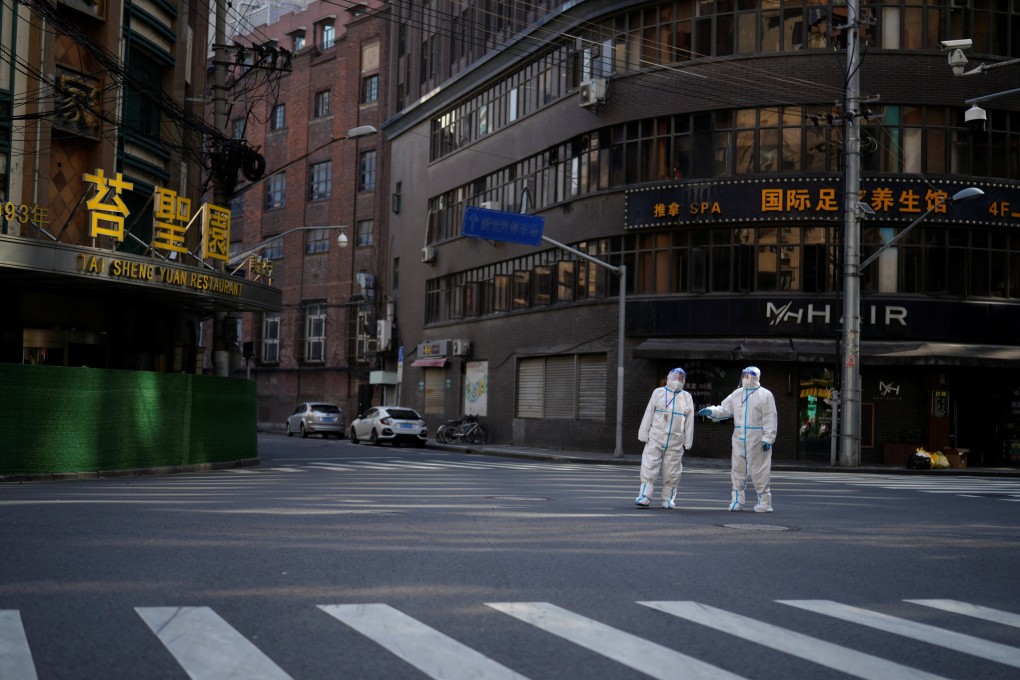Is China readying a policy bazooka to rescue stock investors? Not this time, Swiss private bank says
- Official and private reports last month showed Chinese manufacturing contracted while consumption spending tanked
- Mainland stock markets lost US$1.7 trillion in market value in the first quarter, while losses in Hong Kong amounted to US$437 billion

Is it time for China to unleash its policy-easing bazooka to rescue long-suffering investors at home and abroad? Not this time, according to Norman Villamin, who oversees US$131 billion of client assets as chief investment officer for wealth management and head of asset allocation at Union Bancaire Privee, a Swiss private bank
“Policymakers have had the experience of deploying the biggest bazooka available to any major economy following the global financial crisis,” the Zurich-based money manager said in an interview. “To trade long-term sustainability of the economy for short-term growth is a choice that they are not ready to make. China is trying to avoid that path again.”
That might sum up why some investors are looking elsewhere. UBP itself exited from onshore Chinese equities in March, after trimming its positions in Hong Kong stocks in July and Chinese credit a year ago, Villamin said. Julius Baer, another Swiss private bank, last month said Chinese equities were no longer a core asset class in its allocation.
The Shanghai Composite Index fell 6.3 per cent in April, its second straight month of setback, the worst in the Asia-Pacific region. The Hang Seng Index retreated for a second month with a 3.4 per cent loss in April. They added to a US$1.7 trillion loss in onshore market capitalisation and US$437 billion in Hong Kong in the first quarter, according to Bloomberg data.
The broader MSCI China Index, covering 742 stocks with a market capitalisation of US$2.2 trillion, has fallen 17 per cent this year in addition to a 22 per cent slump in 2021.
Periodic Covid-19 lockdowns to control Omicron outbreaks have forced economists to pare their growth forecasts for China for the next two quarters, according to Bloomberg data. The odds of a recession have also risen to 23 per cent in its mid-April survey, from 16 per cent in March.
